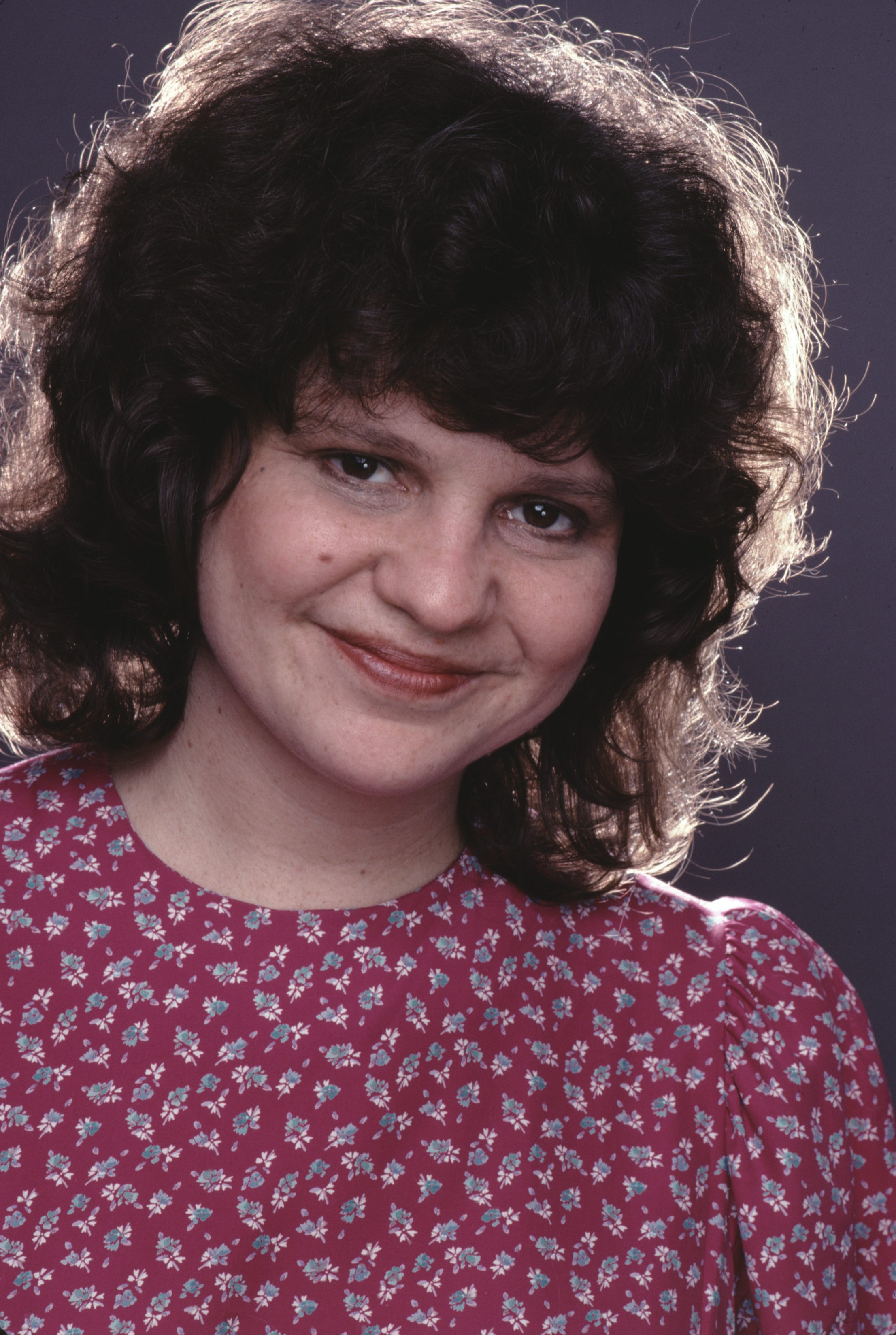Wasserstein, << WAH suhr steen, >> Wendy (1950-2006), was an American dramatist whose most successful plays deal with feminist themes. Wasserstein was a skillful and subtle satirist. Her plays lean toward self-mocking humor, mixing comedy with serious overtones. Many of her works contain autobiographical elements.

Wasserstein’s first major play was Uncommon Women and Others (1977), a comedy depicting a reunion of several graduates of Mount Holyoke women’s college. Isn’t It Romantic (1983) is the story of two women and their relationships with lovers and parents and their uncertain futures. The Heidi Chronicles (1988) won the 1989 Pulitzer Prize for drama. It traces the career of the central character as she faces her dreams, failures, and triumphs, especially as part of the women’s movement.
The Sisters Rosensweig (1992) is a comedy-drama about a woman banker who celebrates her 54th birthday with her two sisters, and their shared reflections about their lives. An American Daughter (1997) is a comedy-drama about the problems a woman faces after she is nominated to be surgeon general of the United States. Old Money (2000) is a play about wealthy New Yorkers living 100 years apart. Third (2005) focuses on a middle-aged feminist professor at a small New England college. She also wrote a children’s book, Pamela’s First Musical (1996), and an adult novel, Elements of Style (2005). Many of her personal essays were collected in Bachelor Girls (1990) and Shiksa Goddess: (Or, How I Spent My Forties) (2001).
Wasserstein was born on Oct. 18, 1950, in the Brooklyn section of New York City. She died on Jan. 30, 2006.
